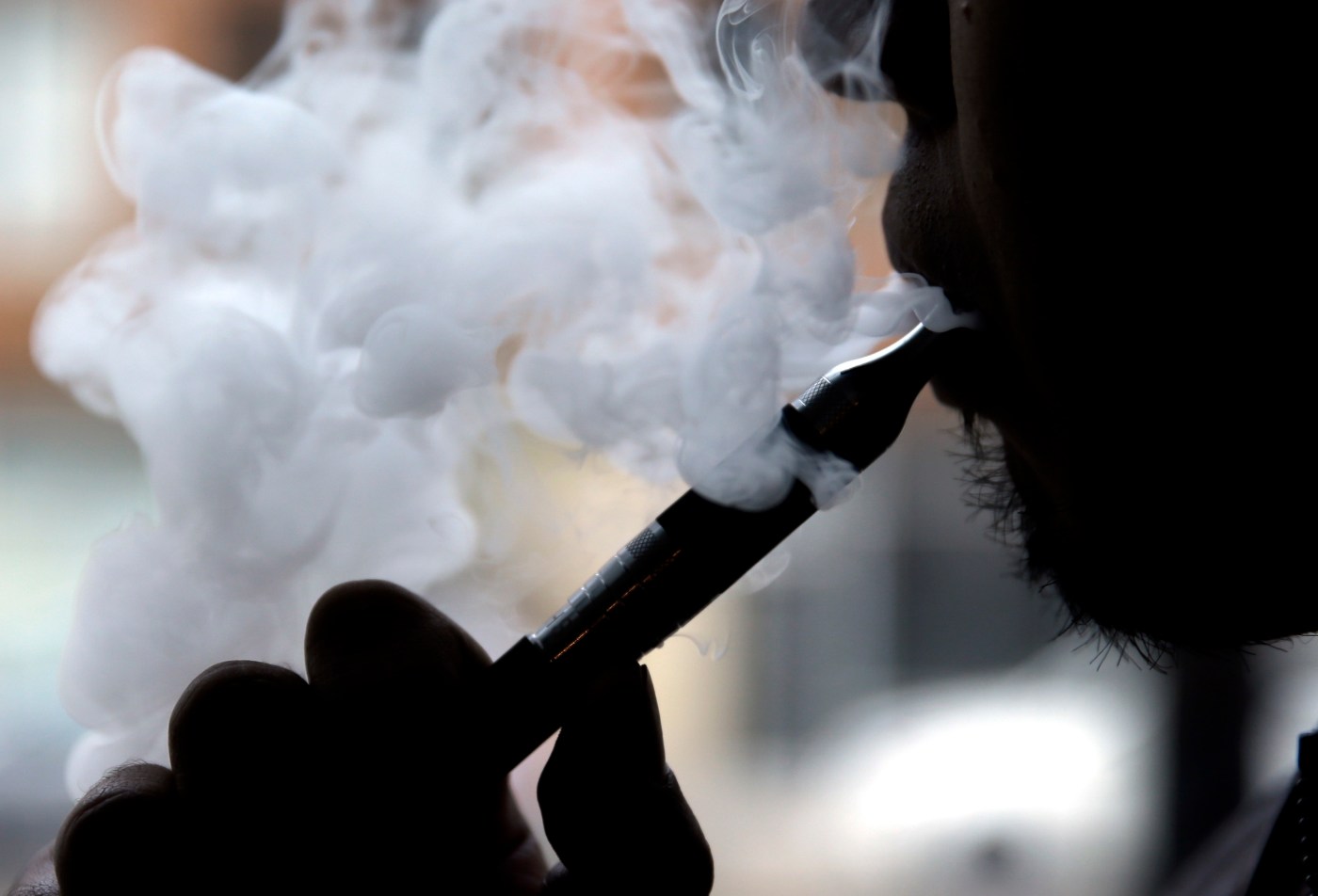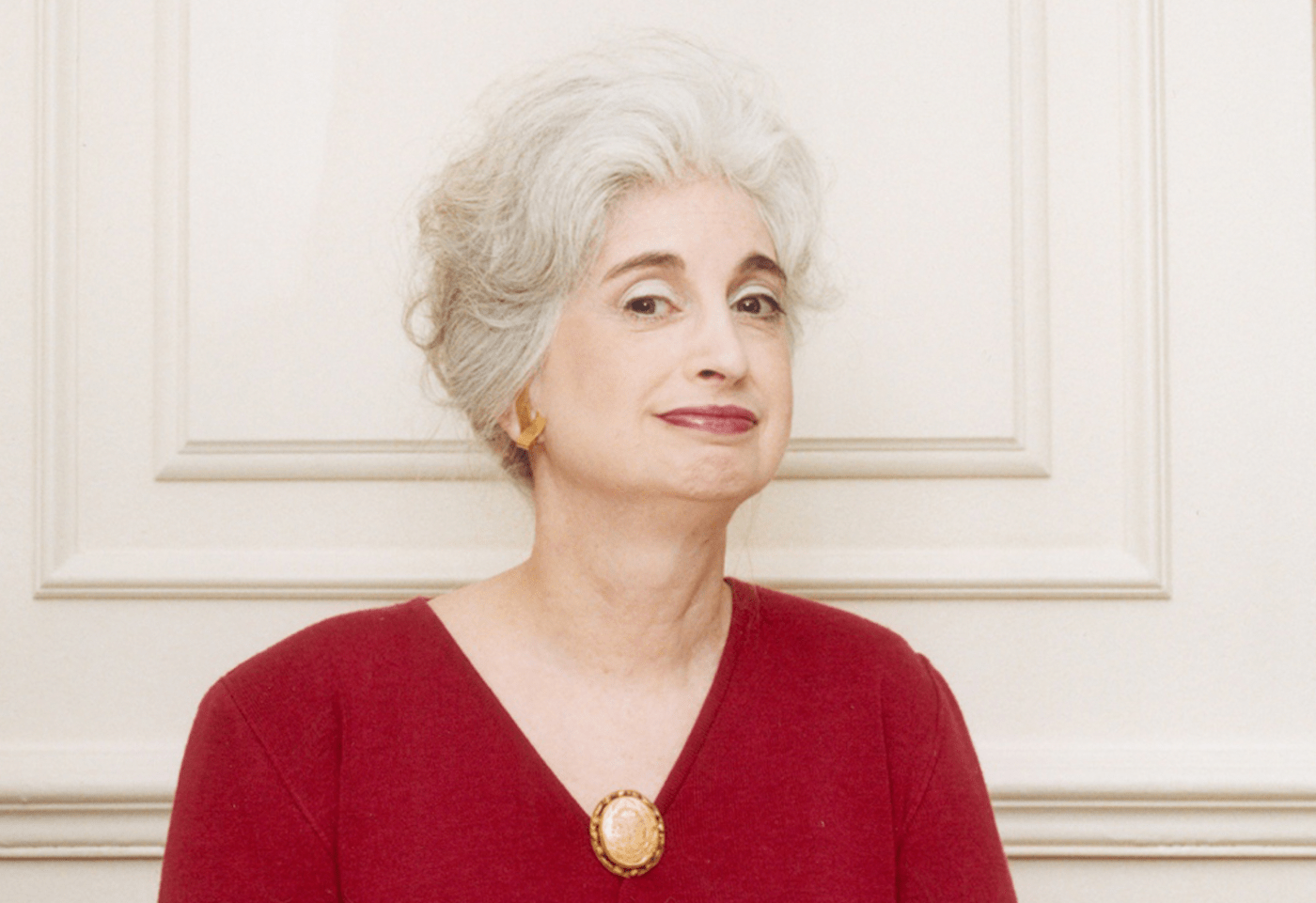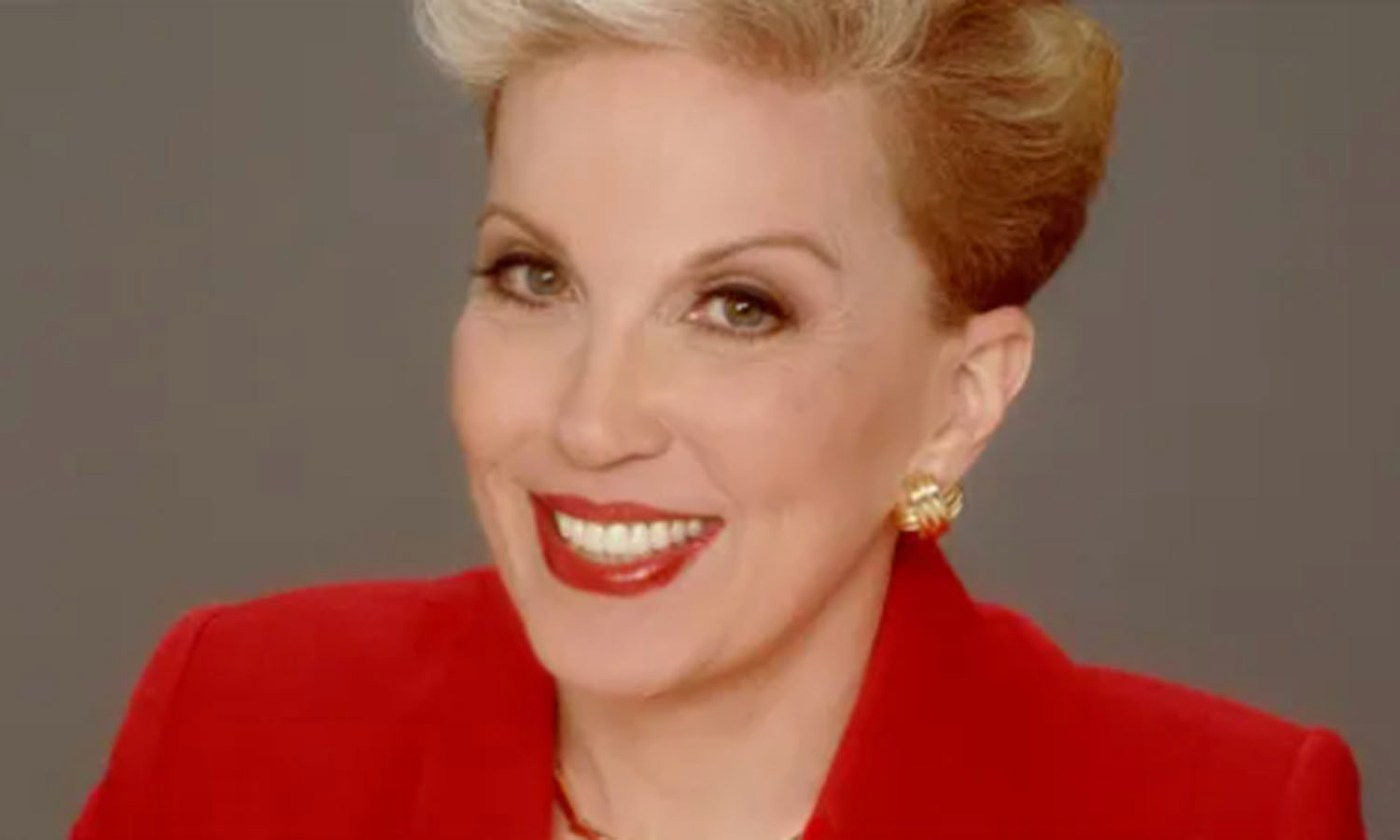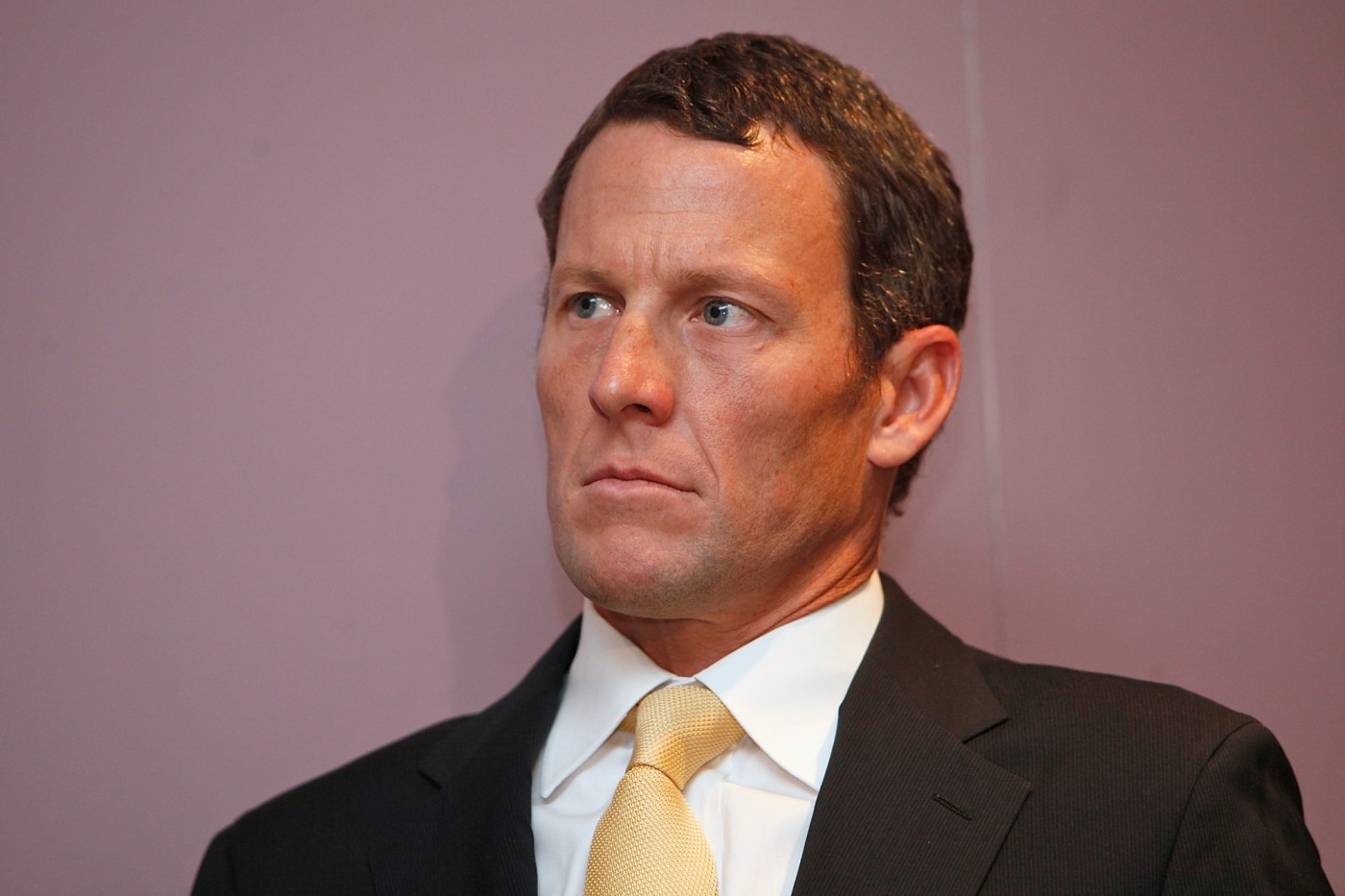RICHMOND — Efforts to reign in the number of smoke shops in Richmond and crack down on those operating illegally have been met with both support from those worried about the health of the community and concern from legacy merchants caught in the crossfire.
There are currently 83 smoke shops operating in Richmond. Of those, 51 don’t have a valid tobacco retailer license. In response, officials now have their sights set on regulating what Planning Manager Avery Stark called a state-wide “epidemic.”
For every roughly 1,375 Richmond residents, there’s at least one smoke shop, Community Development Director Lina Velasco noted during a Richmond City Council meeting Tuesday. A majority are concentrated in the Iron Triangle, Santa Fe, Coronado, Bedding Woods, North and East, and Pullman neighborhoods, where the city’s Hispanic and Black residents are largely located.
Some shops have also been caught selling illegal goods like cannabis, tobacco products from out of state or the country, hallucinogenic mushrooms and other illegal drug paraphernalia, selling to people under the age of 21 and allowing minors to sell tobacco products, Velasco said.
The boom in tobacco retailers prompted an outcry from the public, leading the council to adopt a moratorium on issuing new tobacco retail licenses last April, giving staff time to develop additional regulations while allowing about 30 shops to continue operating.
A final draft of those regulations is expected to come before the council this summer, Velasco said, noting staff was asking for a full year extension as a precautionary measure.
“The 23rd Street merchants have been pushing the city to adequately regulate smoke shops for over two years now. Time for action is now,” said Oscar Garcia, president of the 23rd Street Merchants Association, during the meeting Tuesday.
But some raised concerns the moratorium has harmed long-time merchants in the city who have largely complied with regulations. One speaker who identified himself as Aslam asserted some shops did not receive the proper billing notices and fell out of compliance unintentionally. Now, Aslam said his parents are at risk of losing their franchisee status after decades of operating in the city.
Kathleen Sullivan, executive director at Greater Richmond Interfaith Program, said she supports the moratorium but implored the city to take better care of legacy businesses.
“We’ve got some unintended consequences for retailers who have been in business in this community for a very long time and that’s not fair,” Sullivan said. “There needs to be a grandfathering in of these historical businesses that have been in our community for more than 20 or 30 years that are not part of this mess.”
Currently, anyone selling tobacco products is considered a tobacco retailer regardless of how much those sales contribute to a shop’s earnings, and is therefore required to obtain a tobacco retailer license, Stark noted.
The sale of flavored tobacco products and non-FDA approved e-cigarettes has been banned since 2018. A 500-foot buffer zone and a requirement that tobacco retailers be at least 1,000 feet apart has also been in place since 2018, but only three businesses currently comply, Velasco said.
Enforcement has been challenging though, given limited staffing, Velasco said, noting the city is in the process of reviewing more than 120 code enforcement applications. Onboarding those new employees and reviewing new state laws and enforcement guidelines will take time, she said.
“We’re going to start to see some progress,” Velasco said. “But this is a whole process that’s new to us so we’ve been learning and trying to make sure that the guidance is there and we’re … dotting our Is and crossing our Ts.”
Still, Vice Mayor Cesar Zepeda and Councilmember Doria Robinson expressed frustration and confusion with the city’s inability to immediately shut down shops that have been found selling illegal goods or disregarding city permitting requirements.
“Shut them down,” Zepeda said. “That is telling everyone and anyone you can come to the city of Richmond, sell illegal stuff and you can get away with it. We need to change that dialogue.”
But the council was broadly sympathetic to the roughly one dozen merchants Velasco said were once in compliance but recently failed to renew their tobacco retail license.
Aiming to strike a balance and with two councilmembers absent, the council unanimously approved the moratorium extension with the requirement that staff return with a list of businesses with lapsed licenses so the council can decide to give them an opportunity to come into compliance. Any shop that’s been found to be selling illegal goods would not be offered the same opportunity.
The community will also continue to have a chance to weigh in on the issue. Velasco said the city will be meeting with West Contra Costa Unified School District officials who have been grappling with tobacco use on campuses.
A public workshop is being held virtually and in the city chambers on April 9, during which staff will present a draft policy and gather input on how residents would like to see the number of shops capped.
“We’ve really put together what we feel is a well-founded and well-rounded approach based on a lot of other cities within California and then across the county who are also tackling this epidemic,” Stark said of the current retail tobacco regulations draft.





